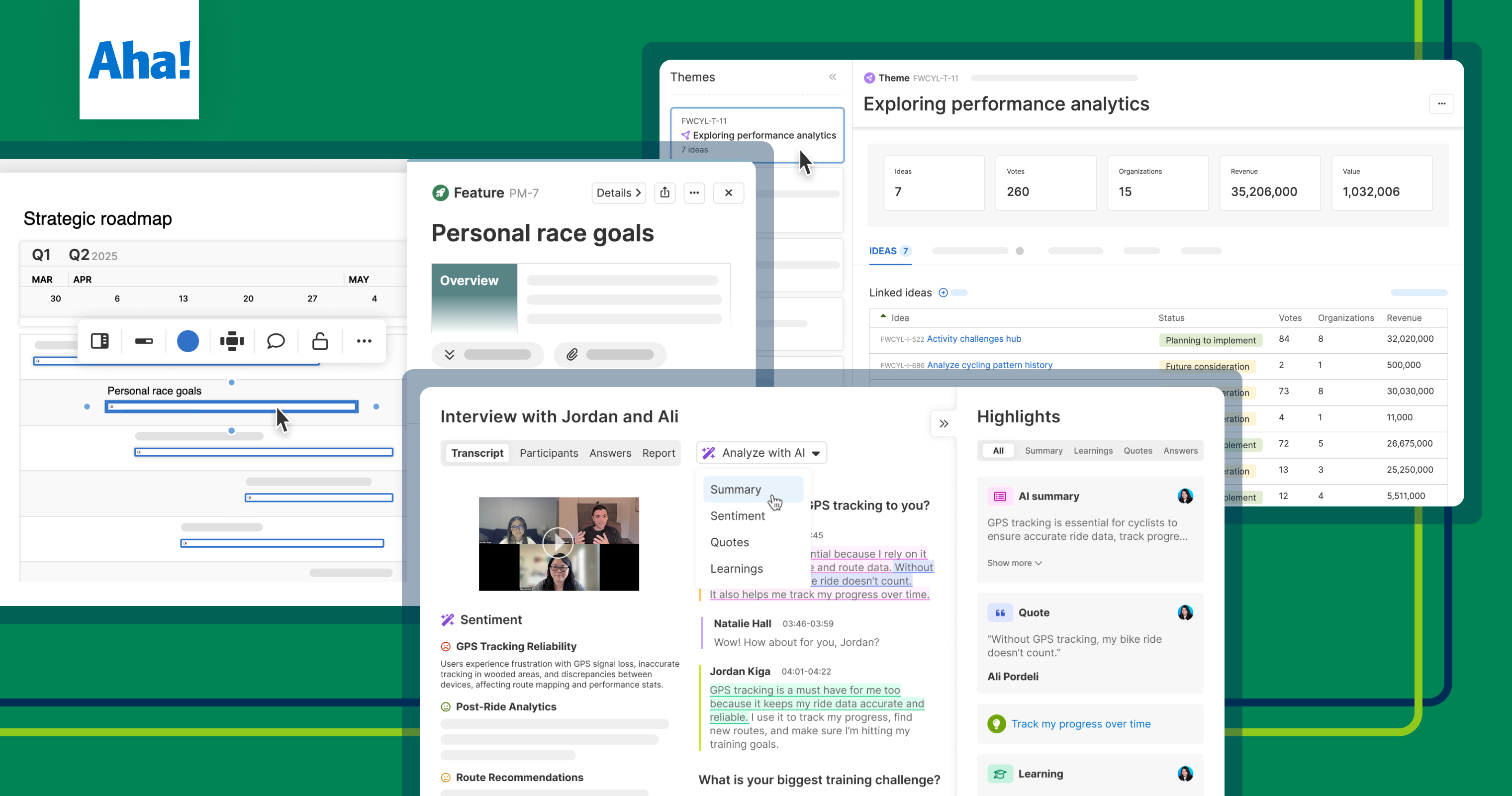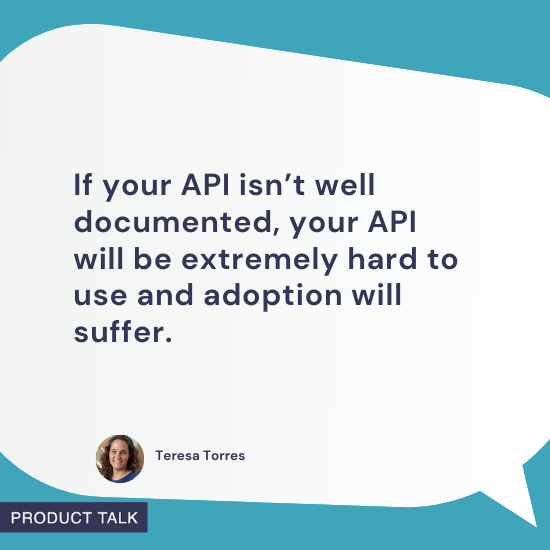supportive boss is leaving and I blame his partner, what does it mean to have no HR, and more
This post was written by Alison Green and published on Ask a Manager. It’s five answers to five questions. Here we go… 1. My very supportive boss is leaving, and I blame his partner I currently have an incredibly supportive boss but he plans to leave his role soon because his long-term partner lives in a different region of the country and refuses to move nearer to where […]

This post was written by Alison Green and published on Ask a Manager.
It’s five answers to five questions. Here we go…
1. My very supportive boss is leaving, and I blame his partner
I currently have an incredibly supportive boss but he plans to leave his role soon because his long-term partner lives in a different region of the country and refuses to move nearer to where he lives even though they work remotely.
I’m legally disabled and worried that whoever takes over once he lives will be far less accommodating in regards to my disability, especially considering that I’ve had to pivot to a lower caliber field after a devastating job loss that I’ve still not gotten over.
As a result, I can’t help but feel that my boss’ partner is selfish and I secretly hope that they break up, even though I know that it will break his heart. I have no attraction towards him and do not desire a romantic relationship with him if that was what you were thinking, I just don’t want a supportive boss to be replaced by a less than adequate one.
That’s an understandable way to feel! But it might help to keep in mind that managers leave jobs for all sorts of reasons — he could break up with his partner tomorrow, then get a fantastic job offer the next day and quit to take it. Or he could have a health emergency, or decide to move to live near aging parents, or get a sudden yen to live in Alaska, or want to start his own freelance rice sculpting business. Any of these would be disappointing, but I but they wouldn’t strike you the same way, since you’d see him as having more agency in the decision … whereas now it feels like someone else is “doing this” to him. But managers leaving is a thing that happens. It’s okay and normal to be disappointed and worried, but ultimately your boss has decided this is what’s best for him. He gets to make that decision for himself, just as much as you get to wish he didn’t!
However, could you ask for his advice on preserving your current accommodations with the new manager? That might nudge him to think about whether there’s a role he can play in how the accommodations are framed to his replacement that might set you up as well as possible. (In theory, accommodations should come from your company, which is not changing, but in reality different managers can be different degrees of supportive and are positioned to make your life harder or easier. But you could talk to your HR about your concerns too.)
2. What does it mean to have no HR?
I interviewed recently with an organization that seems like a very good fit for me. They have a clear mission and solid history, funding, and infrastructure to support it and what seems to be a good culture fit (as far as anyone can tell in an initial interview.) No alarm bells whatsoever with the hiring panel; I’d be excited to advance in the search.
Towards the end of the call, as part of the conversation surrounding being a small-staff (about 14 employees), cross-functional operation, they mentioned that they “have no HR.” I have seen this mentioned throughout the years of reading your site, but this is the first time I’ve encountered it.
What does this mean, in a practical way? They have the usual full suite of benefits, so presumably someone administrates that, but I’m not sure what sort of questions I should be asking to ensure that the absence of a dedicated person won’t be a present concern. They are small enough that they would be exempt from a lot of employment regulation (USA) already, and I am exceedingly fortunate to have never been involved with HR for any reason other than benefit questions in my career to this point. What should I be considering here if I’m invited to move ahead?
It’s very, very normal not to have a dedicated HR function until an organization reaches 50-75 or even 100 people; there’s simply not the work to support it until then. Instead, what you typically see is someone whose job includes things like benefits administration and onboarding paperwork, but whose main duties are something else. Meanwhile, the more complex parts of HR — like policy, investigations, management coaching, legal compliance, etc. — are often handled by someone like a chief of staff or second-in-command, with some of it (like legal compliance) often being outsourced. In other words, it’s not that those things aren’t happening at all; it’s that it’s operationalized differently. That can mean that there’s more room for them to be done poorly, but that tends to be tightly correlated with how effective and well-run the organization is overall (something that is especially important when the org is small).
3. Pitching a company where an ex from an acrimonious relationship is on the board
When I was in grad school, I had a serious relationship with a classmate for over three years. It was a stressful time for both of us, and the relationship was always dramatic and often toxic. It ended in an acrimonious but rather unspectacular fashion, with both of us going our separate ways and never speaking again.
It’s been 20 years since we’ve had any contact. We have both been married to others for most of that time, kids, successful careers (thanks, social media). I’ve spent a lot of time in therapy, and I work hard to avoid unnecessary drama in my life.
This week, a close colleague and I were at a networking event where we reconnected with a contact and learned that he has recently joined my ex’s family company. The contact invited us to pitch for the company’s business. Afterwards, when my friend excitedly started talking about this opportunity, I told her about my connection (pretty sure my ex is on the board of said company). She was delighted and has started assembling a team for a pitch meeting.
Here’s the thing: I don’t just have a personal connection to a director; I know a lot about this company. I know all the people involved and because the relationship ended without fireworks, I’d like to think that the family remembers me as a smart and hard working person and that my connections are likely a net positive. I am also a local leader in my specialty and my skills are particularly well-suited to the company. While the ex is on the board and probably a decision-maker, it is unlikely we’d have much day-to-day interaction.
I don’t want to show up and ambush my ex, and it would be disingenuous for me to pretend I don’t have a connection to this company. The respectful and professional thing to do is to reach out to the ex directly and … reconnect somehow, right? The problem is the thought of even getting coffee with this person fills me with dread and anxiety. I am quite content to never see them again. At the same time, the idea that we could be on speaking terms if we run into each other again would ultimately be a relief (no more running out the back door of bars!), and the alternative is to pass on the opportunity to be on the client team. I think my friend would be disappointed but understanding, but I would miss out on the financial and professional benefits that would come along from landing a new client.
I am consulting my therapist about this as well, but I appreciate feedback from the professional side. I’ve struggled with that goal of avoiding drama and can’t always see where I’m inviting it instead.
This doesn’t require coffee!
Email is perfectly suited for this, so that your ex can read it and have whatever initial responses they might have privately, and then can think about how to respond. You do not need to get together in person and go through the social ritual of coffee; you can just lay out the situation and ask how they’d like you to handle it.
The email could be as simple as, “Hi Artexerxes! I know it’s been many years since we’ve talked and I hope you’re doing well. I’m writing because an employee at CompanyName has invited my team to pitch for (project type). Normally I’d attend the pitch meeting and be part of any proposal for working together, but I thought I should touch base with you first. If you’d prefer I pass this one up and leave it to others here, I’d of course respect that, so I wanted to check in with you before my team moves forward.”
The biggest risk here is probably of Artexerxes thinking you’re overreacting — that it’s been 20 years and of course they don’t care if you pitch their family’s company. But it’s better to err on the side of being careful and respectful, which this would be.
4. Customers with ridiculously long payment times
I’m a freelancer, and I work with businesses of all sizes, from small businesses to multi-billion dollar corporations. I just ventured out on my own about a year or so ago, and I’ve run into an issue that I’m not sure how to solve.
Several of my customers have (what feels to me) absurdly long remit periods: 90 days. I’m a one-woman shop, and these 90-day remit periods leave me without access to a substantial amount of my income for an entire quarter of the year. Moreover, one of them doesn’t do lump-sum payments every quarter. They pay invoices one-off that are 90 days old. So, instead of paying all the invoices I submitted during those 90 days in a lump sum, they’ll pay the invoice I submit for April at the end of July, the one for May at the end of August, etc
When I submit an invoice, my “payment due date” is a month after I’ve submitted the invoice, which feels very reasonable. I mean, as a consumer, no one gives me an entire quarter to pay my bills without adding a lovely little chunk of interest, and I suspect that these slow-to-pay companies don’t allow their customers 90 days to pay them either.
While I’m not (currently) worried about making rent, I’m not made of gold. These long remit periods leave me incredibly stressed from a financial perspective. Moreover, they actively cost me money because the money I’ve earned from them is not sitting in my savings account accruing interest.
How do I tell these customers that they have to pay me within 30 days? Can I ask them to change their policy for me? Can I say that my policy is an X% charge for every month it’s not paid after my payment period has ended?
And a lovely little tidbit that I’m sure your readers will “enjoy” is that the businesses with the long remit periods are the not the small businesses. They’re the ones pulling in hundreds of millions, if not billions, every year (eye roll).
You can try to insist on 30-day payment terms, but a lot of big companies will refuse to alter their payment systems for you and you’ll have to decide if you’re willing to accept 90 days or not get the business. If you do try to get their agreement on 30 days, you’ll have a better shot if you raise it from the start and try to get their explicit agreement; otherwise they’re just going to shuffle you into whatever their default payment systems are. Even then, though, you might not be able to do anything about it; big companies have enough monetary power to basically force their vendors to accept their terms (or be willing to walk away, which most won’t be). That’s true even if you build late fees into your contracts; a lot of big companies will simply decline to work that way. You can try it! Just go in knowing that very often, the bigger they are the more likely they are to just use their established systems and you’ll have to decide whether you want the business under those terms or not. That’s not how it’s supposed to work, but that’s often how it does work.
That said, could you look at moving to a retainer model, where you get at least some portion of the payment up-front, or collect initial deposits? That won’t be realistic for every product/service (and if you’re in the only one in your field who charges that way, big companies may flatly refuse unless they really want you in particular), but it’s worth considering it.
5. Loud coworkers in shared space
After five years of being remote since Covid, we have been called back to the office. It’s been an adjustment, but overall going well. We have suites filled with cubicles, so it’s a shared space, and the cube walls provide minimal noise protection.
I am wondering how to handle loud coworkers who haven’t fully adjusted back to “shared space” volume, and are practically shouting in their meetings for who knows what reason. (Thinking they are being quiet through their headphones? shouting back at someone who is yelling into their phone in a noisy environment? I can’t decide.) It’s become such a problem that in my own meetings, I am not heard because the coworker’s voice is overtaking mine in the microphone! I have to either just use the chat box, or try to quickly get up and move to a quieter area. On busier days when more people are in, this isn’t always an easy option. I’d prefer to be able to stay at my desk.
This is not someone I am close with by any means, and I’m not sure how to politely tell them to lower their voice or be more aware of it. Any thoughts?
Is it one or two people or more widespread than that? If it’s one or two people, you can say, “I’m sorry to ask but I’m having trouble hearing my calls — could I ask you to lower your voice a little when you’re in meetings?” Feel free to add “the acoustics in here are tough” if you want.
But if it’s more widespread, mention the problem to your manager and ask for help, whether that’s by her reminding people to adjust their volume now that they’re around a bunch of coworkers again, or adding more noise protection (there are ways to do this if a company cares to, like installing soundproofing panels between cubicles), or rearranging things to be more acoustically friendly, or so forth.




































































































![Building A Digital PR Strategy: 10 Essential Steps for Beginners [With Examples]](https://buzzsumo.com/wp-content/uploads/2023/09/Building-A-Digital-PR-Strategy-10-Essential-Steps-for-Beginners-With-Examples-bblog-masthead.jpg)





![How One Brand Solved the Marketing Attribution Puzzle [Video]](https://contentmarketinginstitute.com/wp-content/uploads/2025/03/marketing-attribution-model-600x338.png?#)





























